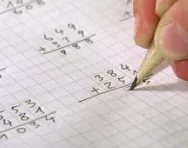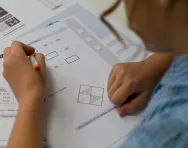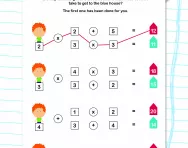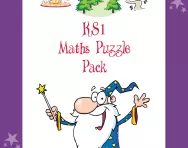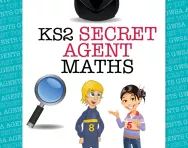Important update from TheSchoolRun
For the past 13 years, TheSchoolRun has been run by a small team of mums working from home, dedicated to providing quality educational resources to primary school parents. Unfortunately, rising supplier costs and falling revenue have made it impossible for us to continue operating, and we’ve had to make the difficult decision to close. The good news: We’ve arranged for another educational provider to take over many of our resources. These will be hosted on a new portal, where the content will be updated and expanded to support your child’s learning.
What this means for subscribers:
- Your subscription is still active, and for now, you can keep using the website as normal — just log in with your usual details to access all our articles and resources*.
- In a few months, all resources will move to the new portal. You’ll continue to have access there until your subscription ends. We’ll send you full details nearer the time.
- As a thank you for your support, we’ll also be sending you 16 primary school eBooks (worth £108.84) to download and keep.
A few changes to be aware of:
- The Learning Journey weekly email has ended, but your child’s plan will still be updated on your dashboard each Monday. Just log in to see the recommended worksheets.
- The 11+ weekly emails have now ended. We sent you all the remaining emails in the series at the end of March — please check your inbox (and spam folder) if you haven’t seen them. You can also follow the full programme here: 11+ Learning Journey.
If you have any questions, please contact us at [email protected]. Thank you for being part of our journey it’s been a privilege to support your family’s learning.
*If you need to reset your password, it will still work as usual. Please check your spam folder if the reset email doesn’t appear in your inbox.
A maths homework help guide for KS1 and KS2

Key Stage 1
Children doing Key Stage 1 maths may be unwilling to write numbers and sums, but that isn’t a problem.
What is important is that they understand the concept of counting, adding and subtracting. This can be practised every day. For example, ask them the number of people the table needs to be set for at dinner or ask them to count items of clothing as they dress or undress.
You can use sweets on a saucer for practising adding and subtracting - with obvious rewards for getting it right! Counting songs, such as Ten in the Bed and Five Little Ducks are good maths practice, too.
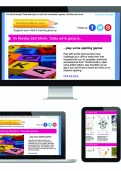
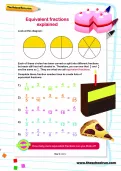
Start a unique learning programme!
- Weekly programme for each school year
- Worksheets sent direct to your inbox
- Keeps your child's learning on track
Try using TheSchoolRun’s handy maths worksheets to help your child to develop their skills. Some of the worksheets involve playing games with other children or siblings. While doing these activities, your child may not even realise they’re practising their maths!
Key Stage 2
As your child progresses to Key Stage 2 maths you might want to read up a bit if your own knowledge is hazy.
Admitting you’re clueless about something or saying you didn’t enjoy the subject at school might affect your child’s motivation.
Download maths worksheets for this stage and they should help to fill you in so you can guide your child.
Think of fun imaginative ways of discussing maths at this age - recite times tables to a popular tune and talk about division and fractions when cutting up a cake or pizza. Maths isn’t all about working out difficult sums, it’s part of our everyday lives!
When it comes to helping with homework, choose a time when your child isn’t tired or distracted. Be aware of your child’s concentration span and take regular breaks. Scheduling homework into a routine will make sure you’re not rushing to get it done at the last minute, too.
Remember to be encouraging, use lots of praise and be patient. If your child appears to be getting frustrated or is struggling with their homework, then have a chat with their teacher for ideas on how you can help.
